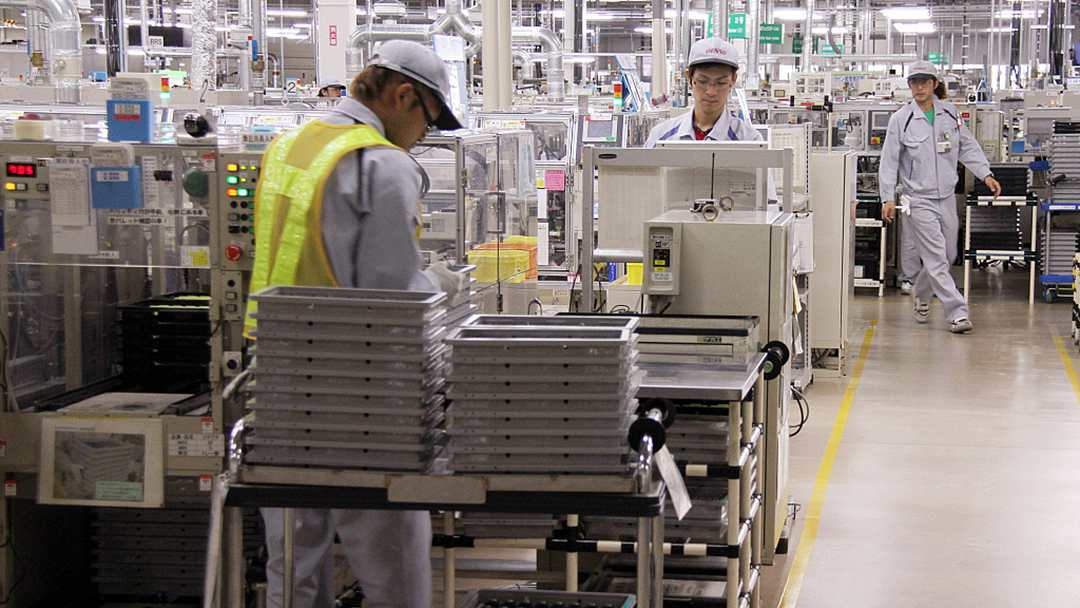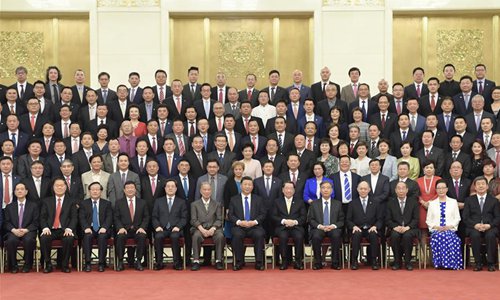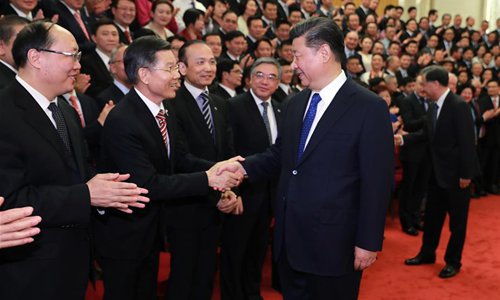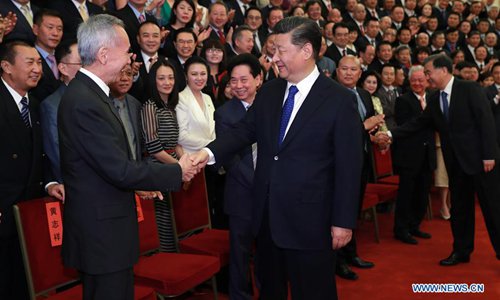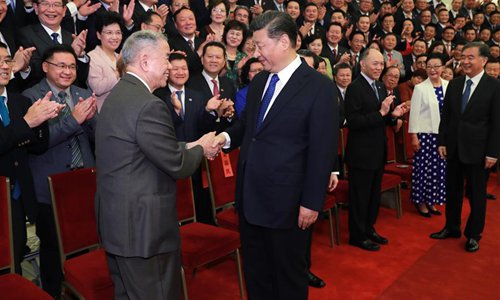Jura The idiot
General
now I read
China will increase support, subsidies for tech firms, official says
China will increase support, subsidies for tech firms, official says
- Sector needs a breakthrough and Washington’s protectionist moves can provide the catalyst for it, industry vice-minister Wang Zhijun says
- Comments come after Chinese President Xi Jinping issued rallying call on trip to Jiangxi province
China will increase its support and subsidies for technology firms amid rising protectionism from the United States, a senior official said on Friday.
Vice-minister for industry and information technology Wang Zhijun said Washington’s recent moves to stymie Chinese firms would help those companies to cut their reliance on foreign technologies.
“Recently, the US has taken a series of measures to crack down on Chinese companies for political purposes,” he said.
“[But] it is in fact a good thing for Chinese firms. China’s manufacturing upgrade requires a breakthrough in key and core technologies, [and] we need to speed up the process.”
To encourage that transition, Wang said the government would play a greater role in formulating strategy, increase research and development subsidies for technology companies, and offer those firms better for their intellectual property.
“We will strengthen the strategic guidance at the national level, devote more resources to achieving a breakthrough in core technologies, and create a market environment for fair competition,” he said. “At the same time, the government will increase its financial support for basic research … and encourage companies to devote more resources to it.”
A greater emphasis on “basic research” – the focus of which is on improving scientific theory – is seen as key to China reducing its dependence on foreign technology and achieving its ambition of becoming a global technology superpower.
Wang’s comments came after the US last week put Chinese firm Huawei Technologies on a trade blacklist, and more recent reports that it is considering banning Chinese video-surveillance giants Hangzhou Hikvision Digital Technology and Zhejiang Dahua Technology from buying its technology.
Beijing hit back on Wednesday, with the finance ministry describing the potential ban as an effort to smear Chinese tech companies and urging Washington to provide a fair trading environment for its firms.
To offset the possible implications of the ban, the ministry said it would this year introduce a two-year waiver on corporate tax payments for software developers and integrated circuit manufacturers, and reduce the rate on subsequent payments to 12.5 per cent over the next three years.
On a visit to Jiangxi province this week, issued a rallying call to the public and industry leaders to strive for self-reliance and innovation, while warning that they should also prepare for a long struggle in the face of “unfavourable factors from home and abroad”.
Beijing’s role within Chinese industry, in particular its financial support for the state sector, has been a major sticking point in the trade negotiations between the world’s two largest economies. Washington complains it puts US companies at a disadvantage, but Beijing says the matter is one of principle and it has no plans to change.

